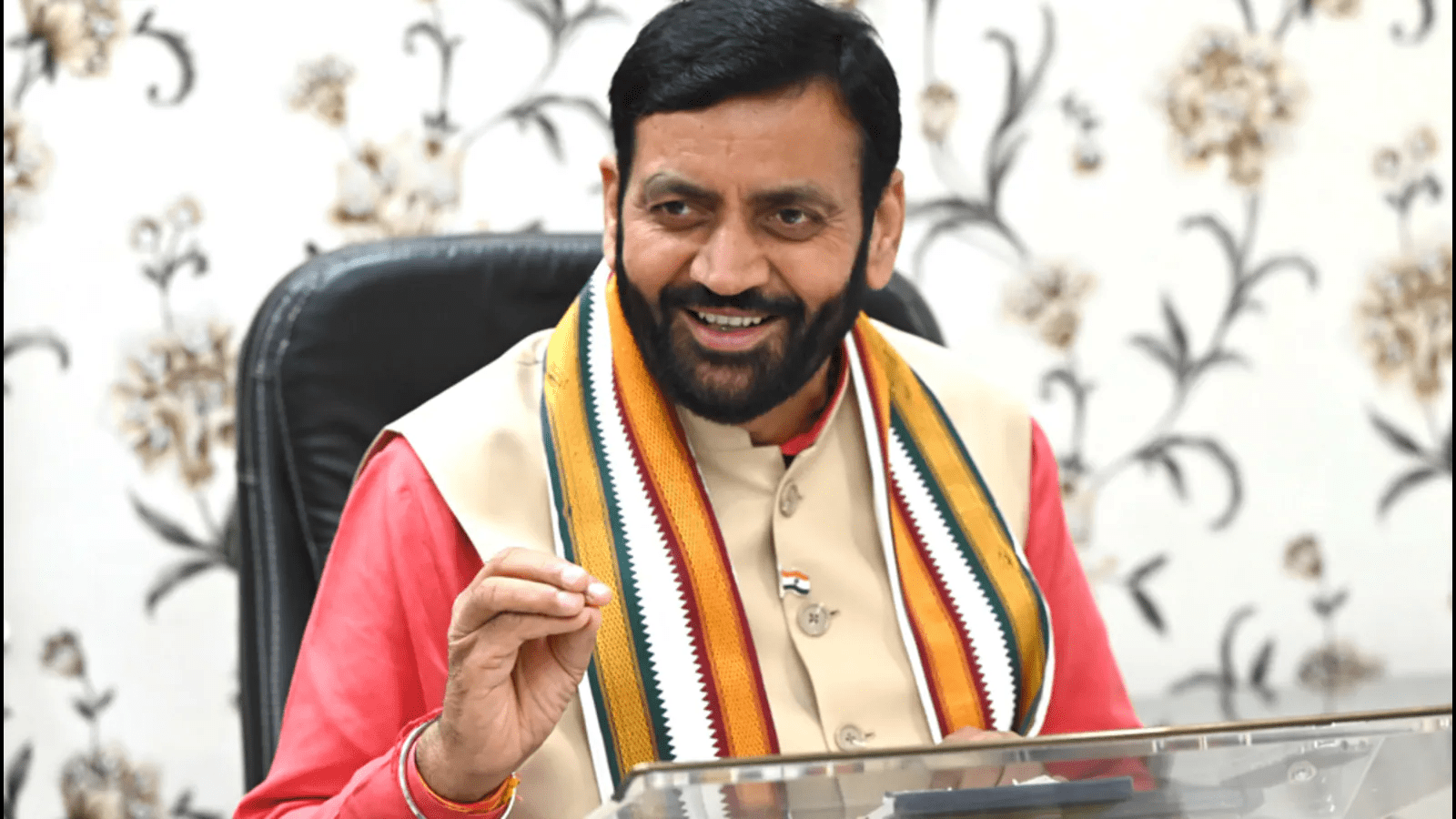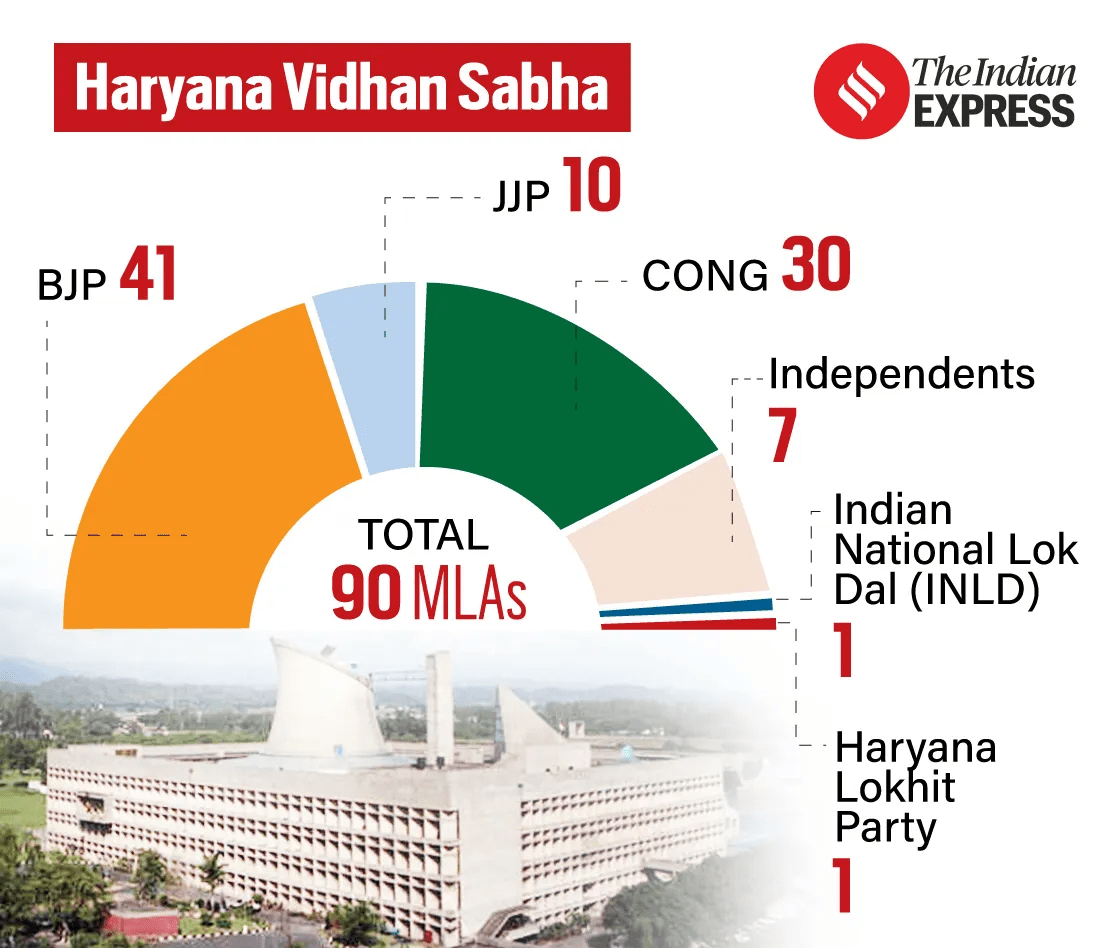Major Political Issues in Haryana
Agricultural Reforms and Farmers' Rights
Agriculture is the backbone of Haryana's economy, with a significant portion of the population engaged in farming. The introduction of new agricultural laws by the central government sparked widespread protests in Haryana, reflecting the deep concerns of farmers over issues like Minimum Support Prices (MSP), market reforms, and crop insurance.
Water Disputes
Water scarcity and distribution are critical issues in Haryana. The state has been involved in long-standing disputes with neighboring Punjab and Rajasthan over the sharing of river waters, particularly from the Sutlej-Yamuna Link (SYL) canal.
Employment and Economic Development
Haryana has a high youth population, and unemployment remains a pressing concern. The demand for job creation, especially in rural areas, is a major political issue, with promises of employment being a key aspect of election campaigns.
Reservation Policies
The demand for reservations in government jobs and educational institutions by various communities, including the Jat community, has led to significant political upheavals. The state's handling of these demands has had a lasting impact on its political stability.
Infrastructure Development
The development of infrastructure, including roads, electricity, and rural connectivity, is a critical issue. Political parties often compete to showcase their achievements in improving the state's infrastructure.

